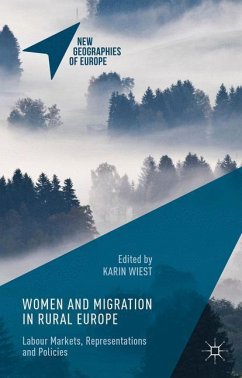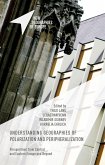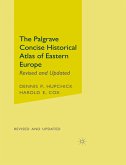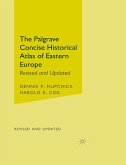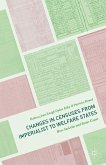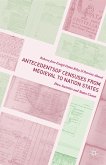Fundamental societal changes in the globalising European countryside impact women's migration decisions. The chapters in this volume represent diverse attempts to explain women's movements from rural areas, taking prevailing labour market conditions as well as gender relations into account. Utilising empirical findings from countries including Austria, Germany, Hungary, Poland, Romania and Spain, this collection particularly aims to build bridges between research following the 'cultural turn' and functionalist explanations which refer to material and practiced ruralities.
The international range of contributors to Women and Migration in Rural Europe focus on societal constructions of gender and rurality, and in doing so, address various female perspectives on rural life. The analysis of the different working and living conditions in different parts of rural Europe reveals distinct obstacles but also prospects for young women. Importantly, the book includes policy implicationswithrespect to the challenges of demographic change, questions of gender equality and women's contribution to rural development.
The international range of contributors to Women and Migration in Rural Europe focus on societal constructions of gender and rurality, and in doing so, address various female perspectives on rural life. The analysis of the different working and living conditions in different parts of rural Europe reveals distinct obstacles but also prospects for young women. Importantly, the book includes policy implicationswithrespect to the challenges of demographic change, questions of gender equality and women's contribution to rural development.
"It is a valuable contribution to current debates on gender and rural migration. ... book is an academic writing with solid arguments, and it is easily readable at the same time. Illustrations are also of high quality. The volume contains 16 figures, 13 maps, 14 tables, photographs and interview quotes as well, which are all detailed, accurate and informative. The book is highly recommended to all, especially to scholars and policy-makers in the field of gender, rural and migration issues." (Szabolcs Fabula, Hungarian Geographical Bulletin, Vol. 65 (3), 2016)

